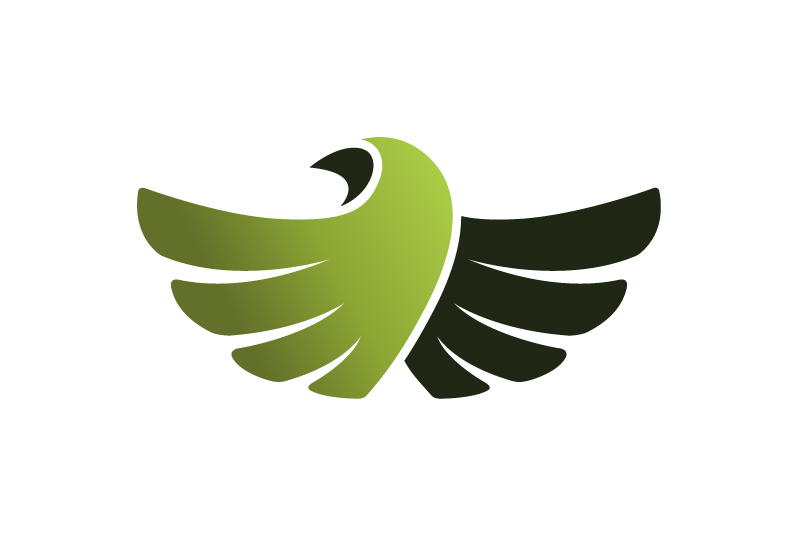How to Boost Your Immunity for the Winter
A client’s concern about succumbing to the cold viruses in circulation at this time of year and his determination to stay well prompted me to write this post. In responding to his concerns, I realised that it would be worth sharing the information, as it could benefit others too.
The Virus
The common cold is aptly named as it is the most common human disease and affects people all over the world. There are over 200 cold viruses in circulation at any one time and different types attack at different times of the year. If your immune function is normal, it will prevent the virus taking a hold in the first place and so you won’t become ill even if you have been exposed to a cold virus. If your immunity is below par, the virus can multiply sufficiently to cause cold symptoms 3-4 days after exposure and these usually last 7-14 days.
Adults are less prone to cold viruses than children because they have developed an arsenal of antibodies over the years, but the frail elderly tend to be more vulnerable as their immune system is not as robust as it was.
Prevention
Cold viruses are usually spread by touching a contaminated object (e.g. door handle, money, pen) and then touching the face, which gives the virus access to the mucus membranes from where it can infect the body. So avoid touching your face, and wash your hands regularly, especially before eating.
Colds can also be spread in the air, so if you have a cold it really is important to cover your nose and mouth when you sneeze or cough and to wash your hands thoroughly after to avoid infecting others.
If you are unsure whether you are washing your hands properly, watch this short NHS video on the correct technique.
Immunity Boosting
The best way to avoid catching a cold is to ensure that your immunity is tip top and, if you do fall ill, the best way to reduce the symptoms and duration is to give your immunity a boost.
Exercise
Moderate physical activity boosts immunity by causing the white blood cells that fight infection to move out of the tissues into the bloodstream where they can detect and destroy invading viruses. High intensity training can decrease their concentration in the blood and so reduce immunity, so moderate exercise is better than the intense variety to prevent colds.
Three hours after moderate exercise, the white blood cells return to the tissues, so regular exercise throughout the day is ideal to keep them in circulation, but some physical activity is better than none, as sedentary individuals are twice as likely to catch a cold.
Please bear in mind that exercise can only prevent a cold taking hold, it won’t treat it once it has. If you do become ill, you should rest to allow your body to recover or you may do more harm than good.
Nutrition
‘Eating a rainbow’ of coloured fruits and vegetables can be particularly immune boosting as it will help to ensure that your immune system has all the micronutrients that it needs to function optimally. People who consume at least three servings of fruit a day have been found to have fewer colds than those who don’t.
Although vitamin C has not been shown to be effective at preventing colds, it may reduce the duration of a cold. Altrient C is a powerful and easily absorbed form of the vitamin.
If I feel a cold coming on, I use the food supplement Immune Intensive to boost my immunity. In my experience, it really does reduce the severity of the symptoms and clear it up quickly.
Staying well hydrated is also important when fighting off a cold.
Sleep
Sleep deprivation suppresses the immune system, so it is important to get as much sleep as your body needs. I have written a whole series of blog posts about sleep, which you can access here.
According to traditional Chinese medicine, all life activity should be in harmonious balance with the universe, the seasons and one’s own constitution and stage of life. Yang times (morning, spring, youth) should be active periods and yin times (evening, winter, old age) should be quiescent periods. An ancient Chinese medical text the Neijing mentions that in winter we should ‘go to sleep early but arise late’.
Massage
Massage can aid immunity in two ways: through its beneficial effect on the lymphatic system and by reducing stress and fatigue.
The main functions of the lymph are removal of waste products from tissues and adding immune cells to the blood. Unlike the blood in the cardiovascular system, the lymph in the lymphatic system has no pump to move it around the body, so it relies in part on body movements collapsing the lymphatic vessels and so moving the fluid along. Valves in the lymphatic vessels ensure that lymph moves only in the direction of the venus arch in the neck, where it re-enters the cardiovascular system. By working on muscle tissue, massage can promote the movement of lymph and so support the lymphatic system and immunity.
Manual lymphatic drainage (MLD) is a specialised form of massage specifically aimed at stimulating the lymphatic system. As well as being used to reduce swelling and to help detoxify the body, it can be used to boost immunity. I went to Nicola Kenworthy of I am Mine Therapies last winter to help boost my immunity using MLD. If you are interested, this is the link to her website.
Stress and fatigue can impair immunity. By promoting rest and relaxation, massage can help to counteract that. Do get in touch if you think that might benefit you.
I do hope that you have found something here to help you to stay well over the winter!

